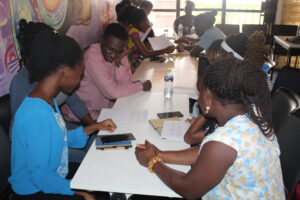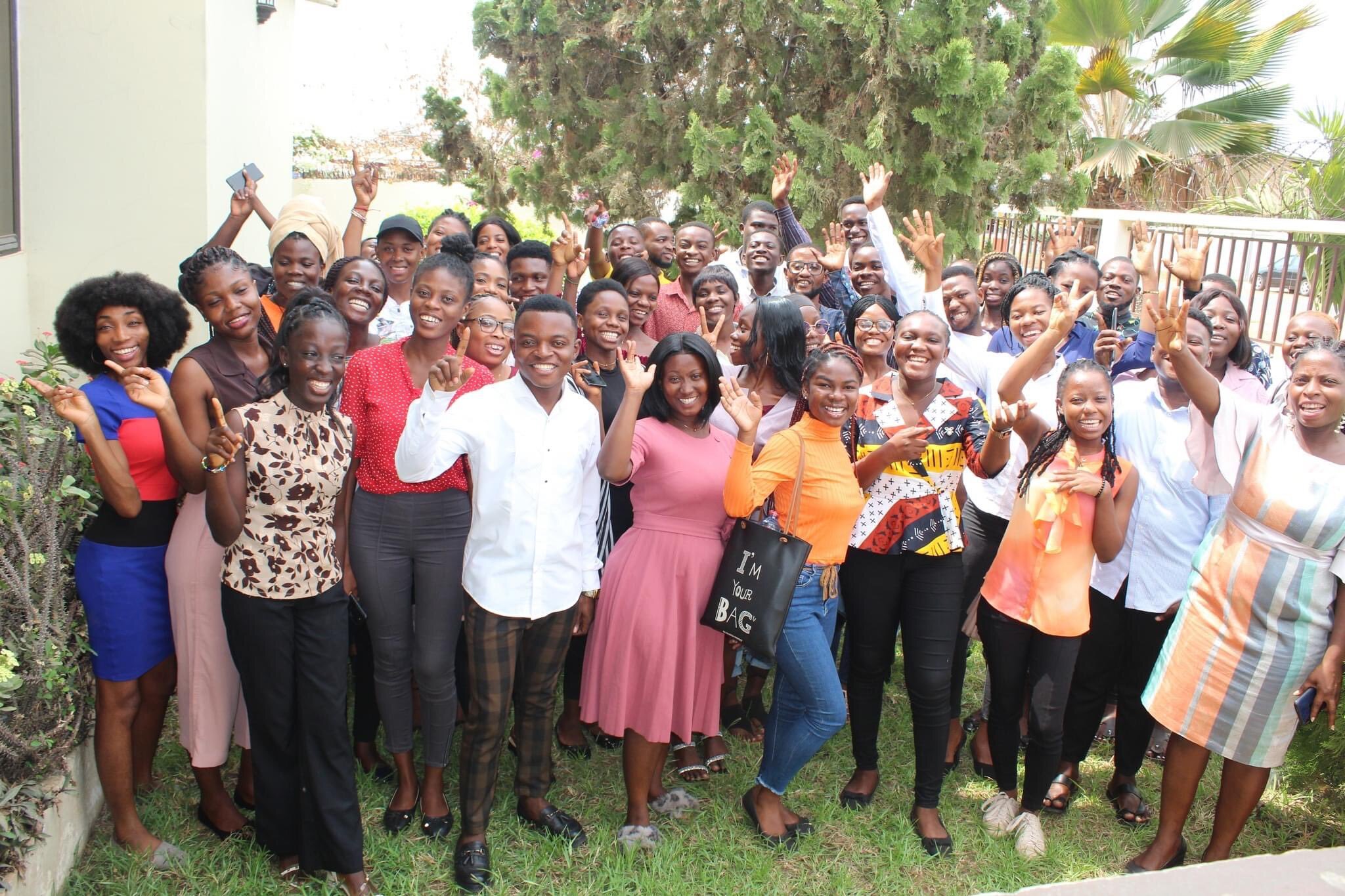Media literacy skills have become increasingly essential in today’s digital age, where young people are constantly bombarded with information from various media sources. In Ghana, Mobile Web Ghana is actively involved in promoting media literacy among youth through our youth media literacy project. This initiative aims to equip young people with the necessary skills to critically analyze and navigate the media landscape, empowering them to become informed and responsible media consumers.

In this blog post, we will explore the importance of teaching media literacy skills to youth in Ghana and highlight the significant role our youth media literacy project plays in achieving this goal.
1. Understanding Media Influence:
Media has a powerful influence on shaping opinions, beliefs, and behaviors. By teaching media literacy skills, we enable youth to recognize and critically evaluate the messages conveyed through various media platforms. Through our youth media literacy project, we educate young people about media bias, stereotypes, and manipulation techniques. By fostering critical thinking, we empower them to distinguish between credible and unreliable sources of information, ensuring they make informed decisions and form their own opinions.
2. Developing Digital Citizenship:
Media literacy is closely tied to digital citizenship, which encompasses responsible and ethical behavior in the digital realm. Our youth media literacy project emphasizes the importance of digital literacy, online safety, and respectful online communication. We educate youth on the potential risks and challenges they may encounter online, such as cyberbullying, misinformation, and privacy concerns. By equipping them with the necessary skills, we empower young people to navigate the digital world responsibly and become active contributors to positive online communities.

3. Empowering Critical Analysis:
Media literacy skills enable youth to critically analyze media content, including news articles, social media posts, and advertisements. Through our youth media literacy project, we provide practical tools and strategies for evaluating information, fact-checking, and verifying sources. By fostering critical analysis skills, we help young people develop a discerning eye and avoid falling victim to misinformation and fake news. This empowers them to make informed decisions, engage in constructive discussions, and contribute to a more informed society.
4. Encouraging Media Creation:
In addition to consuming media, our youth media literacy project encourages young people to become active media creators. By providing training and resources, we empower them to produce their own media content, such as podcasts, videos, and blogs. Through hands-on experiences, youth develop a deeper understanding of the media creation process, including storytelling techniques, ethical considerations, and the power of digital platforms. This fosters creativity, self-expression, and critical reflection on the role of media in society.

Teaching media literacy skills to youth in Ghana is a crucial aspect of our youth media literacy project at Mobile Web Ghana. By equipping young people with these skills, we empower them to navigate the media landscape with confidence, critically analyze information, and become responsible digital citizens. Through our initiatives, we strive to create a generation of media-savvy youth who are capable of discerning between credible and unreliable sources, actively engaging in digital communities, and contributing positively to the media ecosystem. Our youth media literacy project plays a significant role in fostering media literacy skills and promoting a media-literate society in Ghana.

